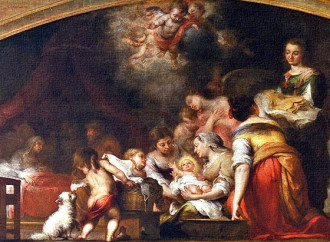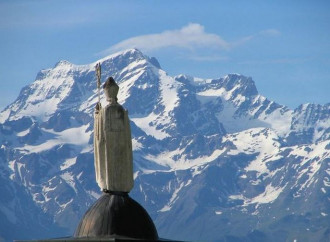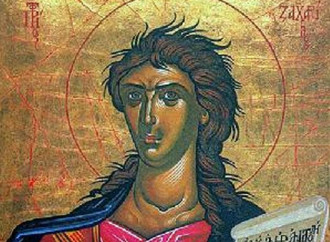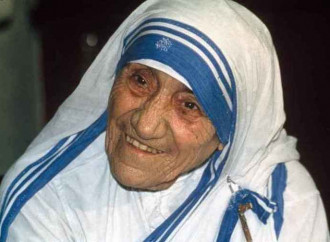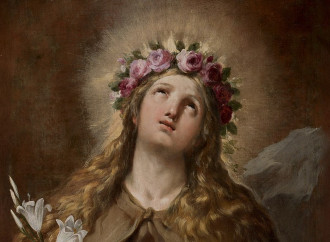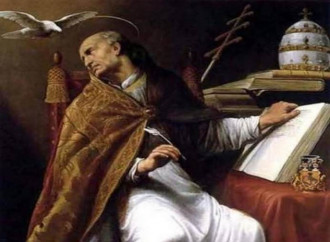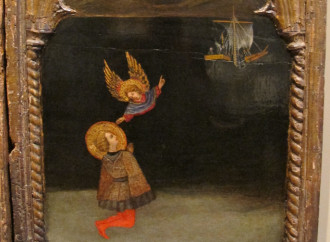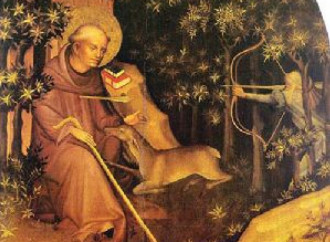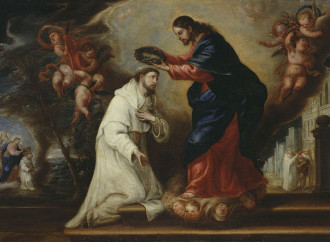Nativity of the Blessed Virgin Mary
Today's feast celebrates the mystery of the birth of Mary Most Holy, Mother of the Saviour.
Saint Gratus of Aosta
He was the second bishop of the capital city of the Valle d’Aosta. He succeeded Eustasius.
Saint Zechariah
He is the penultimate of the Old Testament prophets and, after Isaiah, the most quoted in the New Testament.
Saint Teresa of Calcutta
She spent at least three hours a day in prayer and adoration of the Blessed Sacrament, which were the driving force of all her charity.
Saint Rosalia
The day before her wedding, while she was looking in the mirror, she saw reflected the image of Jesus suffering. Later, she lived in caves dedicating herself to penance and contemplation of God.
Saint Gregory the Great
In the 14 years of his pontificate he carried out a profound moral reform of the Church and played a decisive role as peacemaker in the most dramatic phase of the Lombard invasion.
Saint Elpidius abbot
We do not know much about the life of Saint Elpidius (4th century). He was originally from Cappadocia and had lived for 25 years as an anchorite in the caves near Jericho.
Saint Giles (abbot)
According to the Vita sancti Aegidii, he was born in Athens and moved to France, spending his days in prayer and contemplation.
Saint Raymond Nonnatus
He lived during the Reconquista of Spain and wore the habit of the Mercedarians, that is, of those religious who professed a fourth vow - called “of redemption” - and undertook to free the Christians enslaved by the Muslims.
Saint Margaret Ward
Called “the pearl of Tyburn”, she suffered martyrdom during the persecutions of Elizabeth I Tudor.
Martyrdom of Saint John the Baptist
The last and greatest of the prophets was beheaded by a guard of Herod. As soon as they heard the news, John's disciples “came, and took up the body and buried it, and went and told Jesus”.
Saint Augustine
He explained that faith and reason are “the two forces that lead us to know” and summarized his thought in two famous formulas: “Believe in order to understand” (Crede ut intelligas); “understand in order to believe” (Intellige ut credas).
